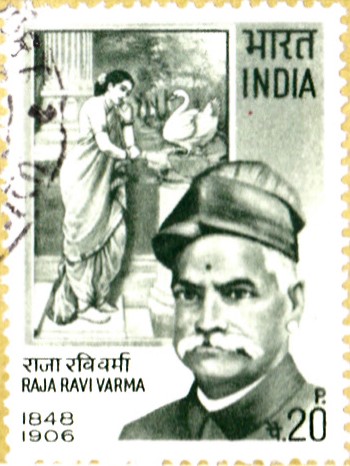
Raja Ravi Varma
A commemorative postage stamp on the 123rd Birth Anniversary of Raja Ravi Verma (Koil Thampuran of Kilimanoor), the Father of Modern Indian Art :

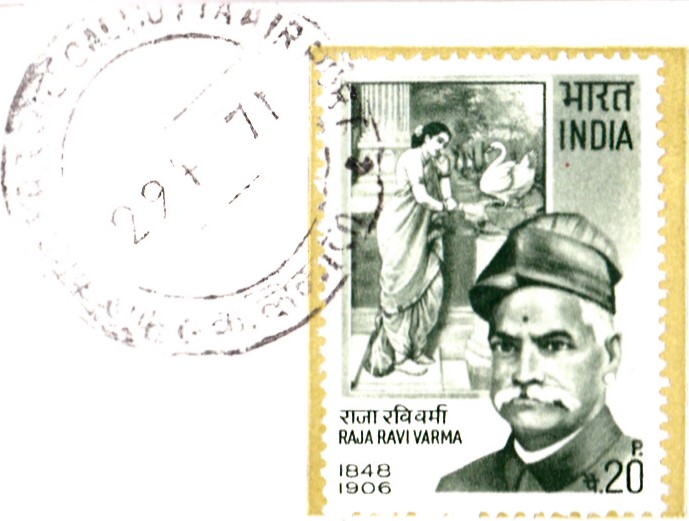
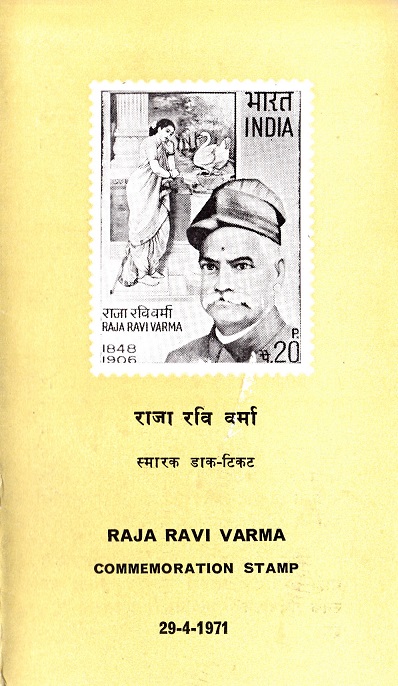 Issued by India
Issued by India
Issued on Apr 29, 1971
Issued for : The Posts and Telegraphs Department is happy to bring out a special commemorative stamp in honour of Raja Ravi Varma, the great Indian artist on the occasion of his 123rd birth anniversary. The stamp depicts one of his famous paintings ‘Damayanti and the Swan‘ along with the portrait of the artist.
Description of Design : The design of the stamp is vertical and depicts one of the famous paintings ‘Damayanti and the Swan‘ of the artist Raja Ravi Varma along with his portrait.
Type : Stamp, Postal Used
Colour : Olive Green
Denomination : 20 Paise
Overall Size : 3.91 X 2.90 cms.
Printing Size : 3.56 X 2.54 cms.
Perforation : 13 x 13
Watermark : Printed on unwatermarked adhesive stamp paper
Number Printed : 30,00,000
Number per issue Sheet : 35
Printing Process : Photogravure
Designed and Printed at : India Security Press
Name : Ravi Varma
Born on Apr 29, 1848 at Kilimanoor, Travancore, British India
Died on Oct 2, 1906 at Attingal, Travancore, British India
About :
- Raja Ravi Varma was undoubtedly one of the great Indian artists of his day. He founded a new school of painting and he is even today held in high esteem as one of the foremost artists of India.
- Ravi Varma was born on 29th April, 1848 in Kilimanoor, which now forms part of the Trivandrum District of Kerala. During his childhood, his uncle, Raja Raja Varma who was one of the leading artists of his time, gave young Ravi Varma guidance in the art of painting. Raja Ravi Varma soon began to portray in eloquent colours striking scenes from Hindu mythology.
- In 1868, Theodore Jenson, a famous English painter visited Travancore State and young Ravi Varma was introduced to him. Jenson greatly admired the manner in which the youthful artist manipulated light and shade on the face of his subjects and Jenson opened to young Ravi Varma the immense possibilities in the realm of oil colours.
- The first portraits he painted were those of the members of the royal household. His studies on canvas were very much praiseworthy. Thus, he entered the domain of imagination where his ability found ample scope for winning world-fame as the master painter of portraits.
- He participated in the exhibition held in Madras in 1873. He won the first prize in that exhibition and from that day his success was assured. His work was acclaimed at the Poona Exhibition of 1880 and also at the exhibitions held in Vienna and Chicago in 1892.
- In 1885, Ravi Varma was invited by the Maharaja of Mysore to paint the portrait of His Highness and his family. At the invitation of Gaikwar of Baroda, Ravi Varma spent a couple of years in Baroda from 1888, contributing a number of excellent pictures to the Art Gallery of the Palace. Later, he took extensive tour throughout North India and in the course of 2 years, finished 14 pictures which were later exhibited in Bombay.
- Soon there was a huge increase in the demands for the pictures. On the advice of the then Dewan of Baroda, Ravi Varma established an oleographic press to meet the ever-increasing demand and place the copies of his pictures within easy reach of all. Thus, began an era of mass production of his popular paintings.
- Ravi Varma was invited to the court of Udaipur to paint the portrait of Maharana and his ancestors. Maharana Pratap‘s portrait by Ravi Varma is considered a masterpiece in portrait painting. In 1904, he was commissioned to paint Sir Arthur Havelock‘s picture for the Madras Government House. In the same year, Kaisar-e-Hind Gold Medal was awarded to Ravi Varma. This was the first time, an artist was given this signal honour.
- At the height of his glory and fortune, Raja Ravi Varma sold out the press at Bombay and returned to Kilimanoor, where he continued his creative activities.
- He was a very prolific painter and his originals are mostly owned by various public and private galleries in Bombay, Laxmi Vilas Palace at Baroda, Mysore Palace and Udaipur Palace and in the National Art Gallery, New Delhi and Salarjang Museum. There is a fairly representative collection of his more important paintings in the Ravi Varma Gallery in Srichitra Art Gallery at Trivandrum.
- He died in October, 1906, at Attingal near Trivandrum. His work lives and will continue to live through all ages with untarnished brilliance and ever-increasing importance, always inspiring eliciting warmhearted esteem from all intelligent lovers of art.


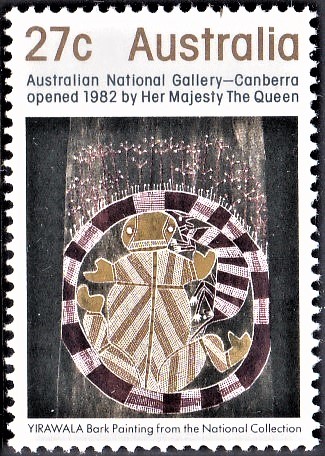
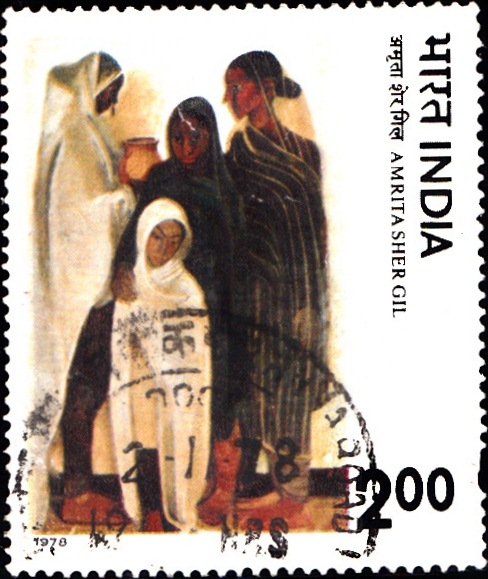
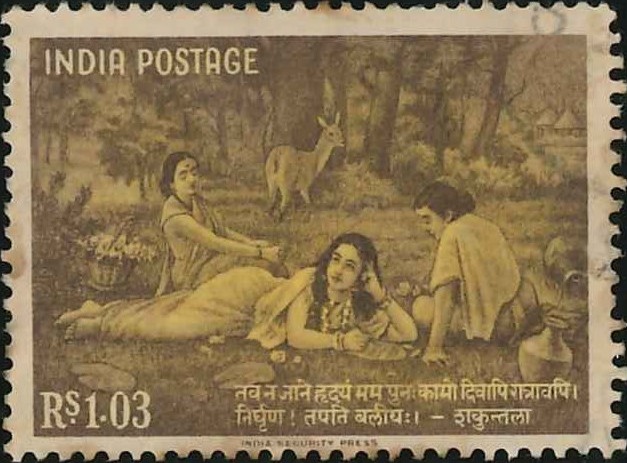
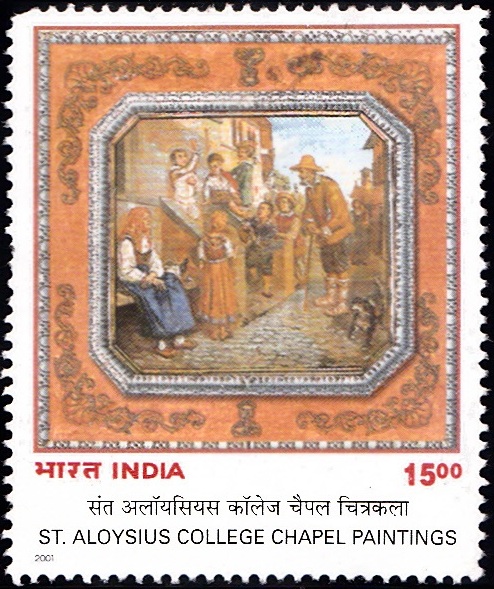
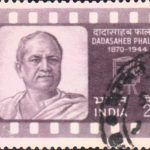
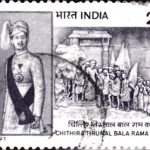
[…] creator in traditional Rajasthani pichwai style is depicted in the large top stamp #1 in sheetlet. Raja Ravi Verma brought his distinct style to the royal depiction of the five Pandav brothers with Draupadi in […]